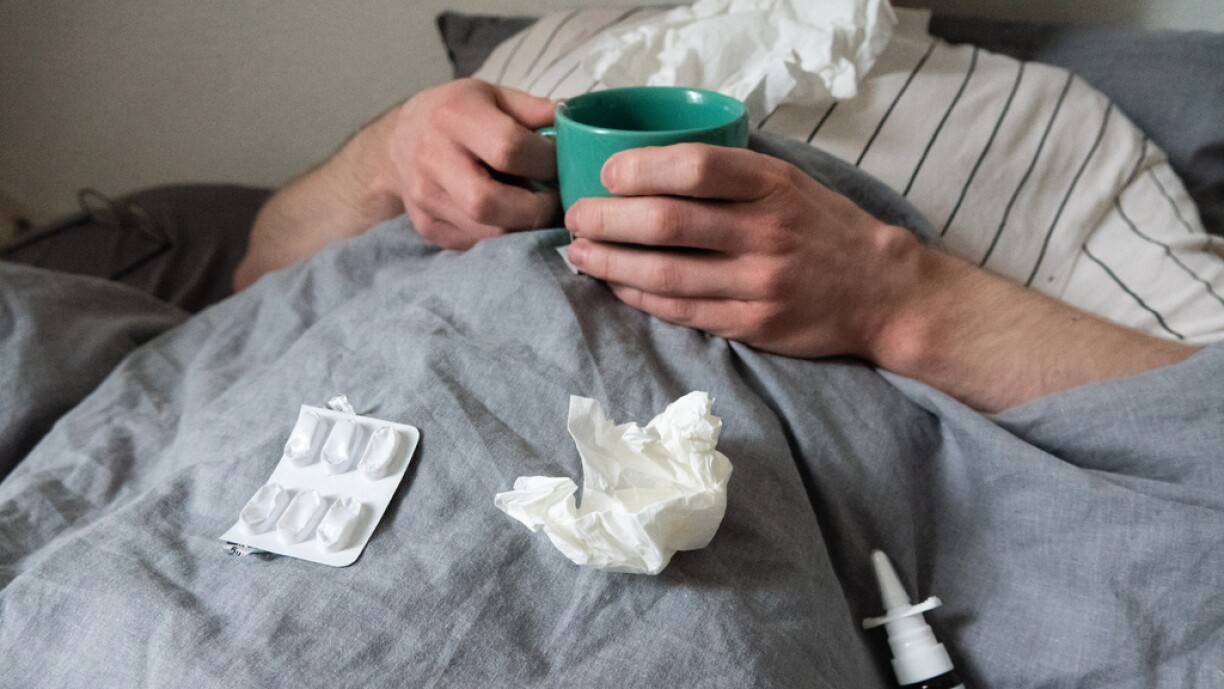
Respiratory illnesses have surged in Luxembourg, with a 33% increase in influenza cases and an 18% rise in Covid-19 infections over the past week, according to the National Health Directorate’s weekly review of acute respiratory infections.
The number of reported influenza cases jumped from 561 to 746 in just one week. Of the recorded results, 83% were influenza A, with subtypes A(H1)pdm09 (40%) and A(H3) (60%), while 17% were influenza B.
The Ministry of Health has reminded the public that vaccination still remains an effective way to protect against seasonal flu and curb its spread.
During the week of 30 December 2024 to 5 January 2025, Covid-19 cases increased from 55 to 65, marking an 18% rise compared to the previous week. Sequencing data from November shows that two sub-variants of JN.1–XEC (46.5%) and KP.3 (40.2%)–were the most prevalent.
In contrast, cases of Respiratory Syncytial Virus (RSV) have declined by 13%, with 168 confirmed cases reported last week compared to 192 the week before.
In addition to vaccination, the National Health Directorate recommends the following measures to limit the spread of respiratory viruses:
By adopting these simple yet effective practices, individuals can help safeguard their health and contribute to reducing the transmission of respiratory viruses in the community.